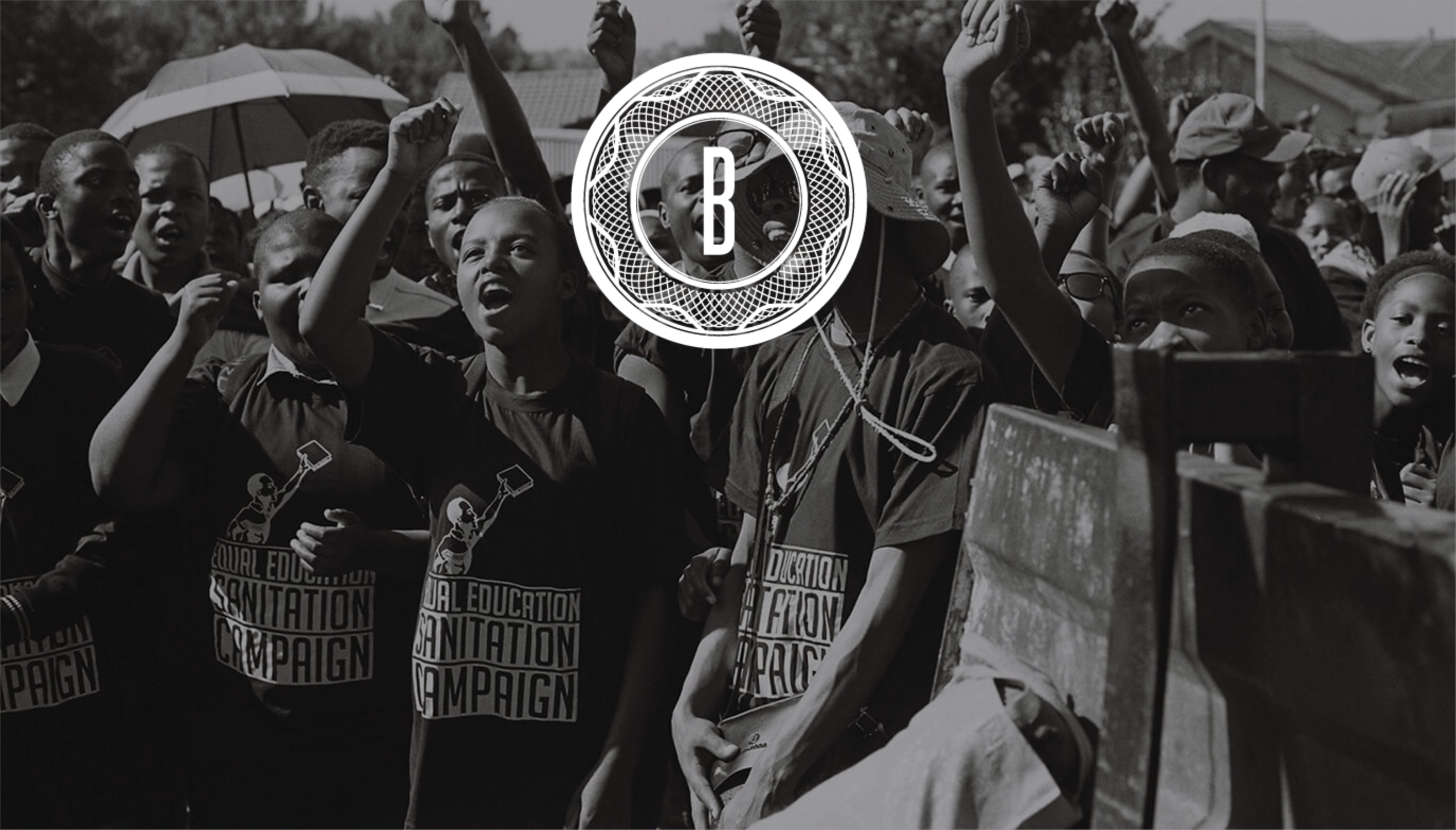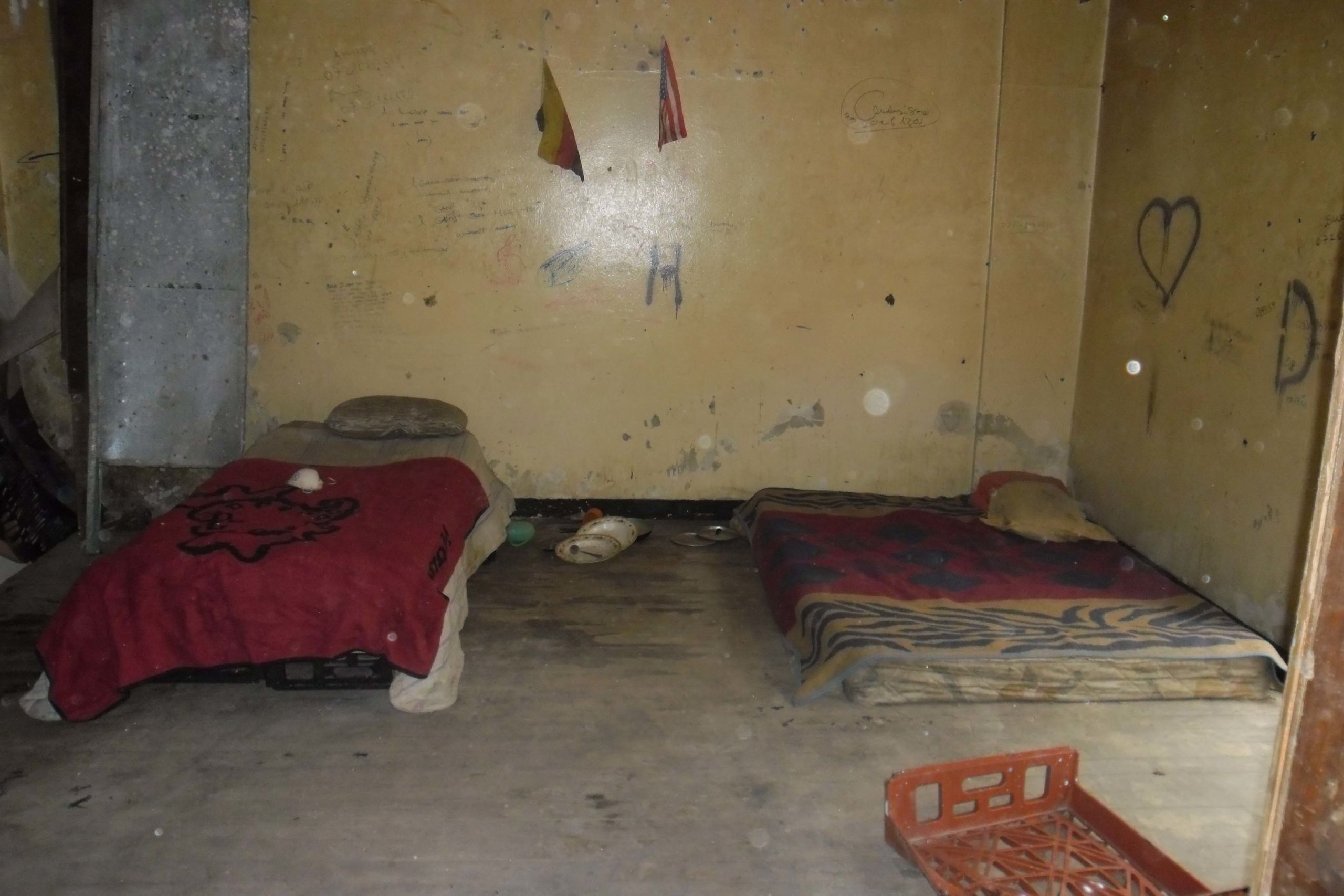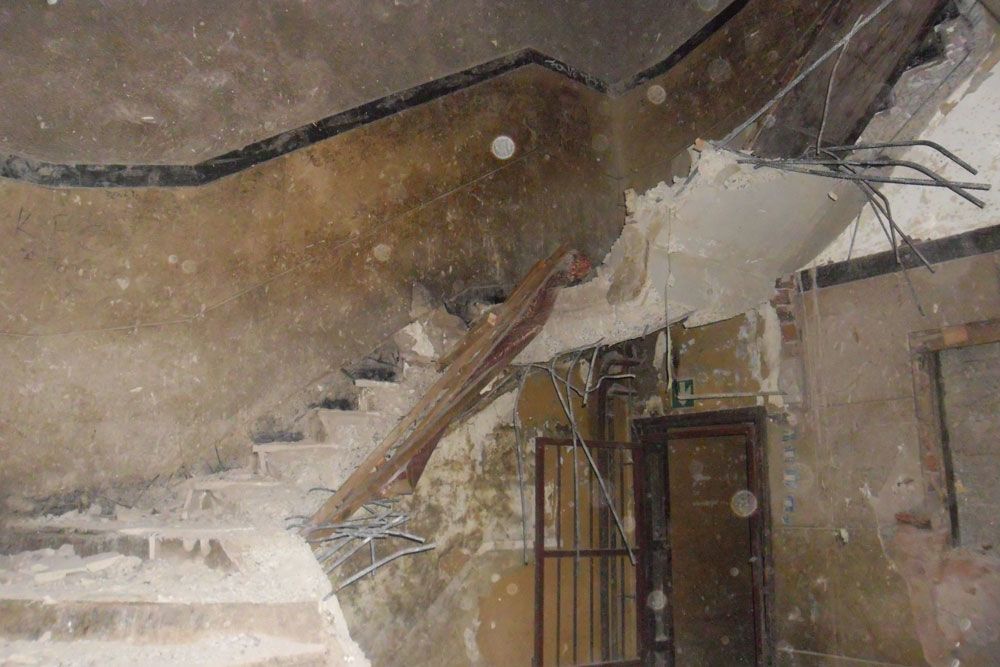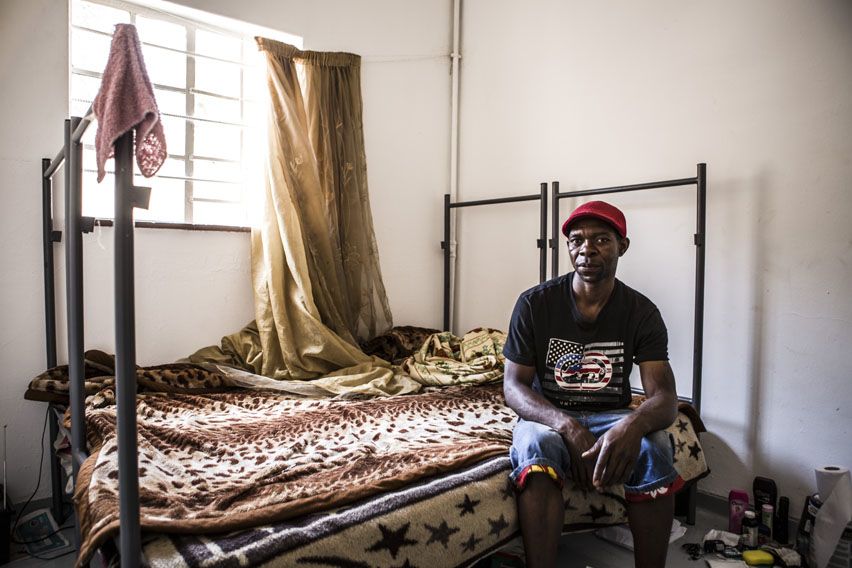
THE ROAD HOME
Tens of thousands of destitute South Africans live in the Johannesburg Central Business District’s (CBD’s) abandoned high-rises and industrial buildings, making a home for themselves and their families out of virtually nothing. These occupiers are low-wage workers, the unemployed, and refugees. They are the thankless and invisible labor that support Johannesburg’s daily functioning: car guards, domestic workers, cleaners, taxi drivers, and informal traders. Today, the occupiers’ lives and homes are in danger as the city and developers trample on their human rights and render them disposable to make room for wealthier residents.
The film The Road Home, made with support from a Bertha Foundation Impact Opportunity Grant, highlights the struggle and legal victories of Chung Hua Mansion’s occupiers. Typical of Johannesburg’s inner-city, the 250 Chung Hua residents occupied the building for years because they could not afford rental prices and had no alternative place to reside. The latest research indicates that nearly half of the people living in the CBD earn less than R3,200 ($228) a month and can only afford monthly rent less than R900 ($64).
In 2009, the Chung Hua Mansions were sold to Changing Tides Property Development, who immediately shut off the residents’ electricity and water. Soon thereafter, the occupants were subjected to a violent and illegal police-led eviction, during which their possessions were destroyed. The Chung Hua occupiers, with the assistance of their lawyers at Socio-Economic Rights Institute (SERI), a Bertha Justice Network partner, brought an urgent application to the Johannesburg High Court. The court confirmed that the eviction was illegal and the occupiers had the right to re-access the building.
Under South African law, an eviction can only occur by way of court order. A court grants an eviction order only once it is satisfied the eviction is just and equitable, determined by examining all the relevant and personal circumstances of the case. If the eviction will render the occupants homeless, the municipality must provide temporary alternative accommodation.
While the City abdicated its legal responsibility to provide emergency accommodation, Changing Tides illegally evicted the occupants seven times over the course of six years. The community united in an effort to survive amongst the compounded trauma of repeated violent expulsions, personal property loss, and dangerous living conditions.

Under dire and precarious circumstances, in 2015 the residents and SERI turned to a new strategy: suing the mayor, city manager, and director of housing for contempt of court. The threat of direct legal accountability propelled the City into action. Almost immediately, The City offered safe, proximate alternative housing to the residents.

Time is not the Lolas’ friend. When Centerlaw filed the initial petition before the Supreme Court there were 74 named petitioners. Today, just 32 of the Lolas remain. Unfortunately, their legal petitions have not prospered and today their plea is a simple one – share their story. Let the world know what happened to the Malaya Lolas at the hands of the Japanese Imperial Army so that their bravery isn’t in vain.
These women exemplify the very core of strength and perseverance; in the face of legal setbacks, they persist; despite dwindling numbers, they still persist. The Malaya Lolas remain steadfast and resolute in their quest for justice and in doing so continue to inspire women from all over the world to fight for women’s rights in the face of adversity.

The Road Home illustrates the significance of South Africa’s court system in protecting the rights of the most vulnerable. However, the challenges faced by the poor cannot be solved if the City only responds to lawsuits and individual eviction cases. Gentrification’s detrimental consequences require broader, well-coordinated policies by the state – particularly providing guaranteed affordable housing. Until this happens, residents on the brink of homelessness and SERI’s human rights lawyers will continue to strategically use the law to the keep a roof over their heads.
CREDITS
Keaton Allen-Gessesse, Litigation Intern, SERI and Lwazi Mtshiyo, Bertha Justice Fellow, SERI
Originally published: July 28, 2017



 Built with Shorthand
Built with Shorthand